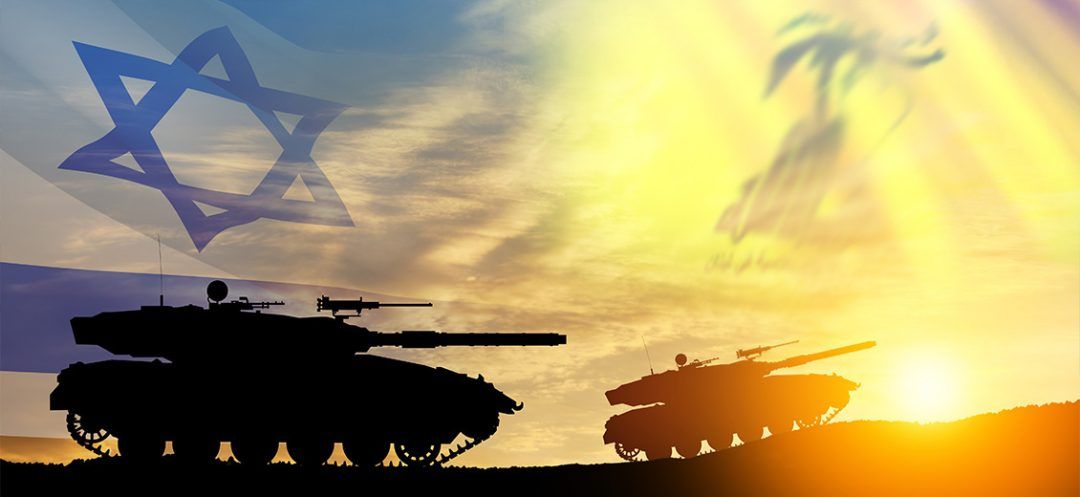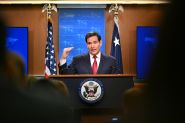
In the escalating conflict with Israel, Hezbollah is gearing up on two fronts. Recently, the Shiite group carried out a reconnaissance operation of the Israeli Air Force base at Ramat David in northern Israel. The move signaled Hezbollah’s readiness to broaden the conflict and target additional sensitive locations within Israel if escalation continues. In parallel, the Iran-backed group is active on the political and diplomatic level to outline Lebanon’s stance in future negotiations on a long-term ceasefire in southern Lebanon, in line with UN Resolution 1701.
Such talks are expected to begin after the Gaza conflict is settled and discussions about the enclave’s future status are underway. While the Lebanese state is definitely not involved at all in Hezbollah’s military preparations, discussions on a long-term solution will be led by the Lebanese political leadership with Hezbollah’s political input.
According to some sources, the Lebanese Army is fully prepared to address the concerns along the Blue Line. Many issues have been informally agreed upon with the Israeli side, with six out of seven points settled during meetings in Naqoura overseen by UNIFIL. Solutions for the remaining seven points, including B1 and northern Ghajar, have already been submitted and may be quickly resolved through further discussions. Furthermore, the Lebanese Army is prepared to address Israeli violations on land, sea and air, aiming for a complete cessation of these breaches. While Israel can monitor large areas of Lebanon with surveillance systems deployed at its military bases along the border—systems that Lebanon cannot ask to be removed as they are within Israeli territory—Lebanon can deploy similar technology to oversee its own borders and parts of Israeli territory.
At this point, the challenge lies in Israel’s insistence on linking the cessation of violations to guarantees concerning Hezbollah’s movements and armament. Neither the Lebanese Army nor the political leadership can provide these guarantees, as the issue is directly tied to Hezbollah’s military presence in the border region and its planned role in the near future. This represents a major hurdle, as failure to address it could escalate tensions and lead to renewed attempts to establish a new status quo.
Another point of contention involves the Shebaa Farms and Kfarchouba Hills. While the Americans and Israelis are adamant about not addressing this matter, Hezbollah, backed by Parliament Speaker Nabih Berri, is determined to secure a resolution regarding the disputed territory. The Israelis recognize that failing to resolve this situation will give Hezbollah a pretext to keep its weapons south of the Litani River and to launch new conflicts whenever Iran’s interests dictate. Diplomatic sources suggest that keeping that issue unsettled provides Hezbollah with key political leverage, which it will use as a pretext to maintain its armed presence in the southern border region.
Read more



Comments